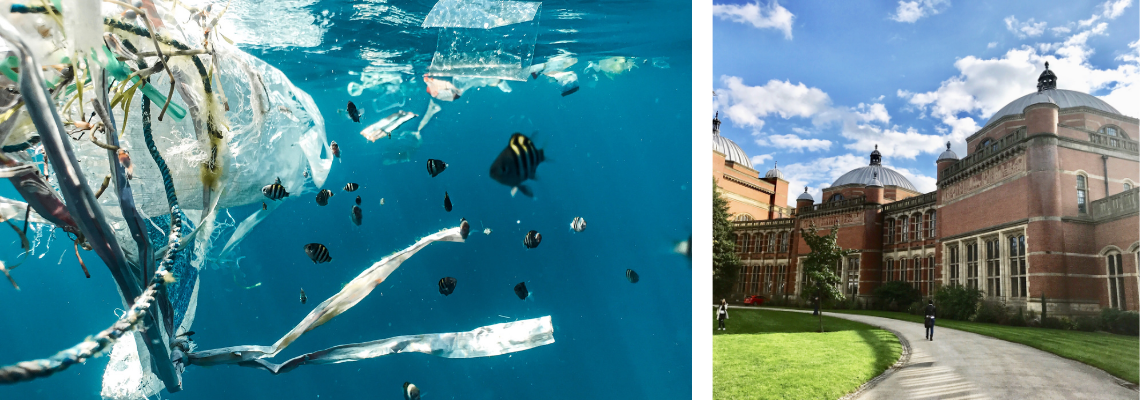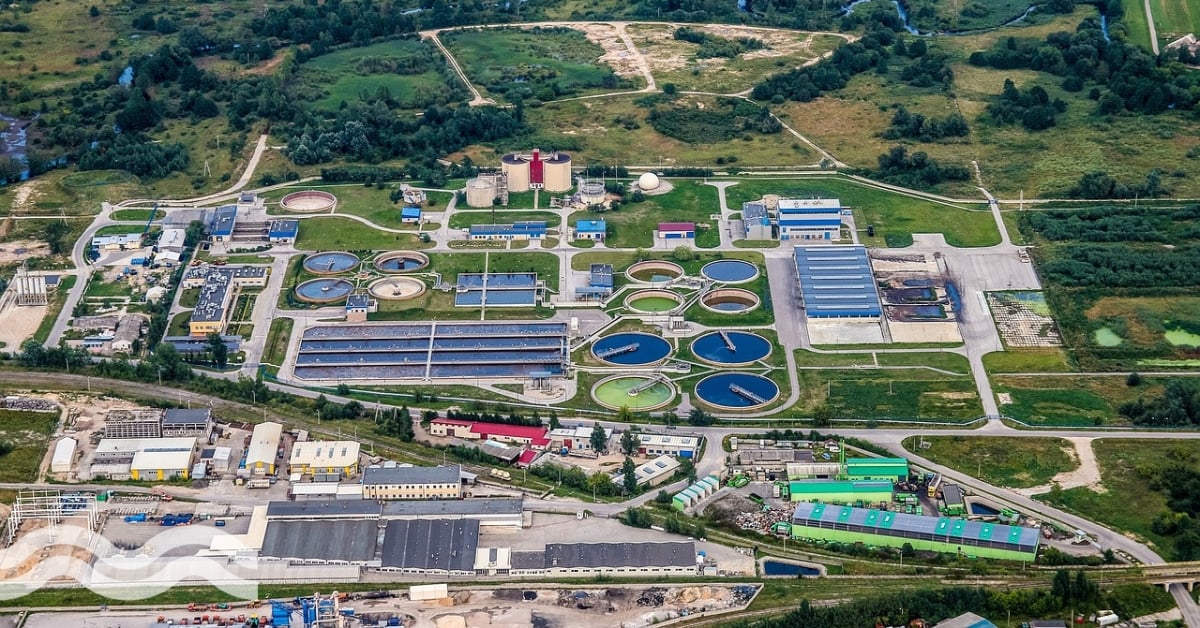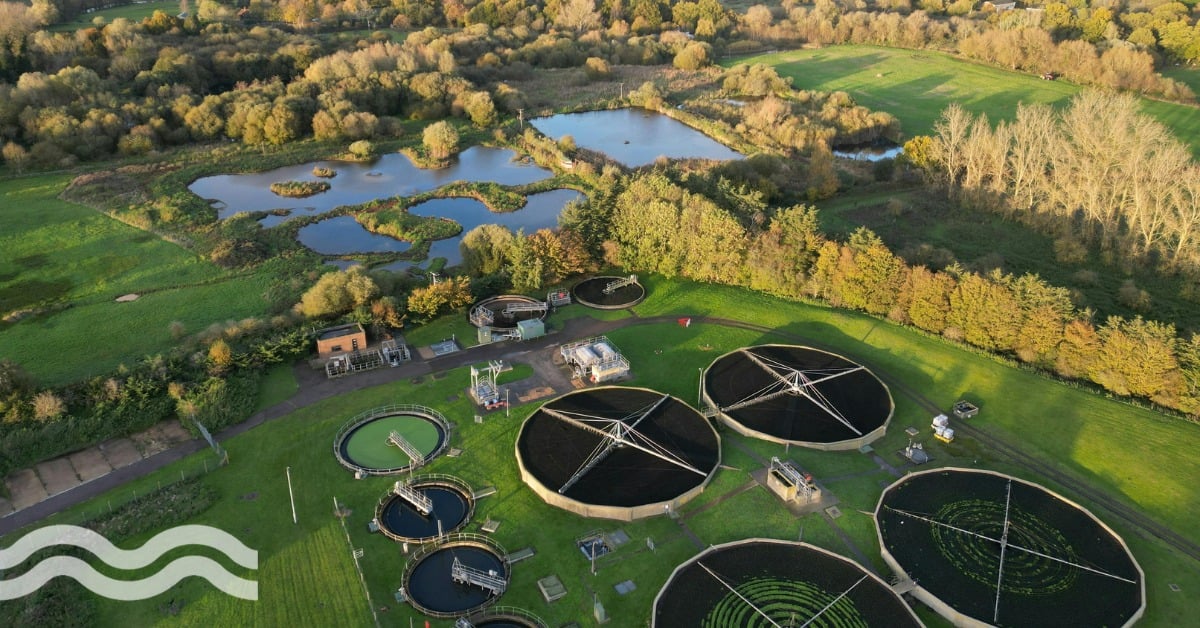Supercritical water unlocking plastic recycling

A new method of recycling plastic using supercritical water has been licensed from the University of Birmingham to Stopford to help reach sustainability goals.
SUPER-critical water
A new technology developed by the University of Birmingham that uses supercritical water to recycle plastics has been licenced by engineering consult and project management company Stopford.
The technology is able to decompose mixed complex plastics, converting them into ‘value-added materials’ for use as feedstock.
Super-critical water is created when its temperature reaches the critical point of 374.5ºC and 220 bars (217 atmospheres). The water enters a gas-like state and its properties allow it to break down complex waste plastics.
"Supercritical water technology represents the next generation for treatment and recycling of ‘stubborn’, complex, and hazardous waste that is currently treated by incineration or sent to landfill."
The technology was invented by Dr Bushra Al-Duri of the University of Birmingham’s School of Chemical Engineering.
"Supercritical water technology represents the next generation for treatment and recycling of ‘stubborn’, complex, and hazardous waste that is currently treated by incineration or sent to landfill," said Dr Bushra Al-Duri.
This new technology creates fewer emissions than current recycling methods, according to the University of Birmingham.
It also contains fewer processing steps and produces no solvent residues.
Supercritical water will be used as the alternative to fossil fuel-derived solvents and provide a sustainable alternative to traditional materials used within the plastics industry.
A new technology to help achieve SDGs
Stopford plans to utilise the technology in its development of ‘CircuPlast’ - a new hydro-thermal process for converting non-recyclable plastics into high-value chemicals for use in new plastics.
Dr Ben Herbert, Stopford’s technology & innovation director, said: “This agreement enables Stopford to fast-track the development of the ‘CircuPlast’ technology to meet the plastics management and sustainability requirements of multiple industry sectors.”
“The UK alone produces over 2 million tonnes of plastic packaging waste each year, of which just over half is recycled."
The potential recycling capabilities that this technology offers has led to the ambition of its suitability to help companies across multiple sectors sustainable development goals (SDGs).
David Coleman, CEO of University Birmingham Enterprise, said: “The growth of plastics production has long outstripped the capacity for recycling, with the UK alone producing over 2 million tonnes of plastic packaging waste each year, of which just over half is recycled."
Over the past 50 years, global production and consumption of plastics have increased more than 20 times over, with plastic production reaching 320 million tonnes a year, according to 2030 Spotlight.
Use, reuse and pollution of plastic comes under a number of SDG sections including SDG 12 Responsible Consumption and Production and SDG 14 Life Below Water.
"We are delighted the university is working with Stopford to deliver a viable way of recycling much more plastic packaging that will help meet sustainability goals,” Coleman went on to say.
Water's war on plastic
Over the past few decades, water and plastic have shared headlines and not for the right reasons.
From growing plastic trash-bergs floating in the oceans to microplastics polluting the environment, it seems fitting that water is providing a solution that would help recycle plastics and keep them far apart.
Recently, the effort has been to remove plastics from water using ingenious methods like plastic popcorn that absorbs microplastics or mussels that are able to filter them out of water.
But Stopford's use of supercritical water will see roles reversed and water is used to help recycle plastics.
Stopford's CircuPlast will use supercritical water to overcome the substantial limitations of existing recycling processes by enhancing recycling rates, enabling an increase in the recycled content of plastics, maintaining functionality, to a level that is currently unachievable using mechanically recovered materials.


